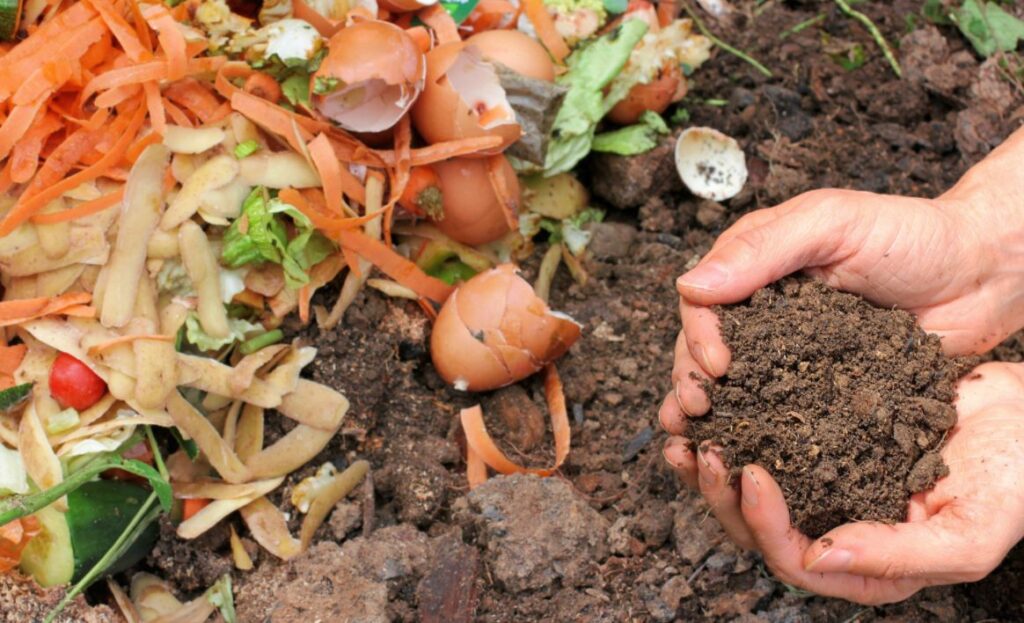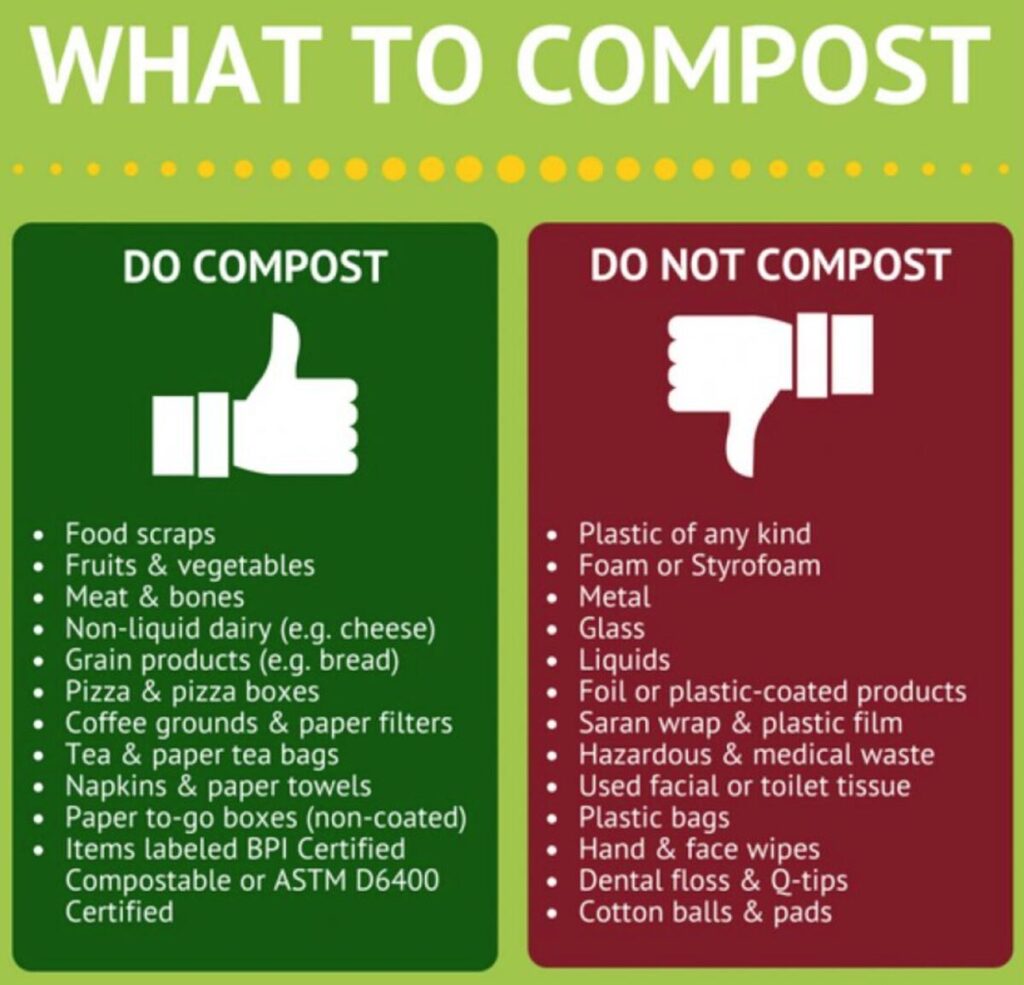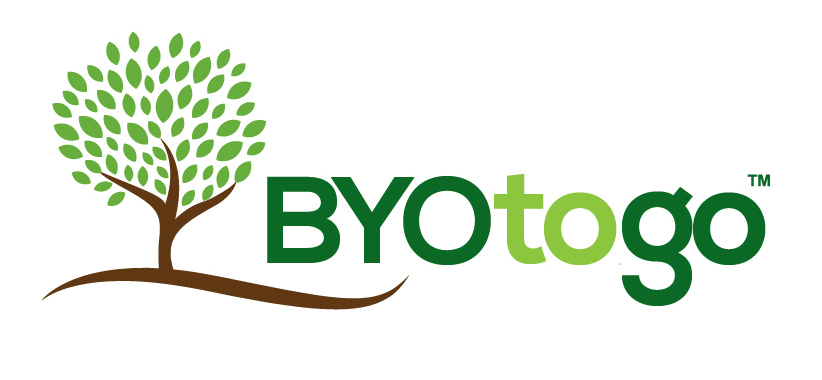
Image by terra24 on Pinterest
Compost; it’s green, clean, and a gardener’s dream! Here’s all you need to know about composting to begin living a more sustainable lifestyle.
What is Composting?
Composting is the process of recycling organic material. It uses aerobic methods to decompose food and other organic waste into nutrient-rich soil.
Microorganisms are the real star of the show when it comes to composting. These valuable organisms are the ones that actually break down organic matter. They include bacteria, fungi, and protozoa.
Many farmers refer to compost as “black gold” because it is full of nutrients and is ideal for gardening and agriculture. A well-rotted compost is rich in nitrogen, phosphorus, and potassium. It is a great alternative to chemical-filled fertilizers you buy in stores.
Composting is a natural process! Everything that grows decomposes eventually; composting just speeds up this process by creating the ideal environment for these organisms.
Why Should I Compost?
Composting has become very popular over the past few years, and for good reason. Not only will it improve the quality of your own garden, but it will also help the planet! Here is a list of just some of the environmental benefits of composting:
- It improves soil health by adding nutrients and valuable organisms and suppressing plant diseases and pests
- It helps conserve water by increasing the water retaining abilities of the soil
- It is a great way to reduce personal food waste in your own kitchen and yard
- It reduces landfill waste by instead recycling materials back into the ground
- Reducing landfill waste cuts methane emissions and reduces overall greenhouse gas emissions to help combat climate change
How Should I Compost?
A good compost requires three basic components: browns, greens, and water. Browns include materials such as dead leaves, branches, and twigs. Greens include food scraps, vegetable waste, and grass clippings. Having the right amount of water is essential to your compost as well.
A successful compost pile should alternate the layers of browns and greens and should have equal amounts of both. The browns in your compost provide carbon and the greens provide nitrogen. The water provides the moisture needed for decomposition to occur.
There are tons of everyday items we instinctively throw in the trash that can actually be put into the compost to be reused. Here is a good rule of thumb: anything that comes from the ground can be composted. Here is a handy infographic:
 Image by the Office of Sustainability and the Environment at the University of Iowa
Image by the Office of Sustainability and the Environment at the University of Iowa
Are you liking what you’re hearing but don’t know where to start? No worries, it’s easy to create your own compost at home. Follow this link for a simple outline from NPR.
More helpful sources can be found below:
https://www.livescience.com/63559-composting.html
https://www.nrdc.org/stories/composting-101#howto
https://www.epa.gov/recycle/composting-home
Pledge to bring your own reusable container to pack leftovers and start making a difference today!
Follow us on social to stay up to date on our movement!
Written by Morgan Swain
